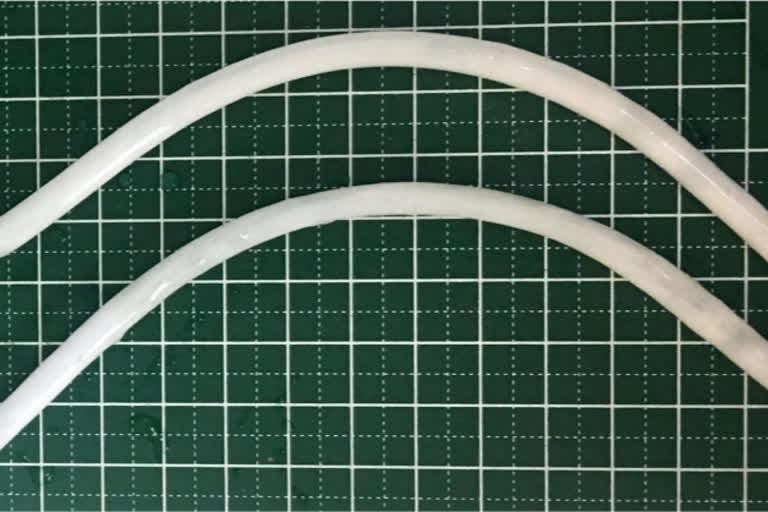Ontario [Canada]: A natural substance generated from seaweed is being utilised by researchers to increase vascular cell proliferation, avoid blood clots, and improve the function of synthetic vascular grafts used in heart bypass surgery. The novel method, developed and tested at the University of Waterloo, is especially significant in situations involving small artificial blood arteries (less than six centimetres in diameter), which are prone to clots that can lead to complete blockages.
"There is a crucial need to develop synthetic vascular graft materials that will increase the rate of long-term functions," said Dr. Evelyn Yim, a chemical engineering professor and University Research Chair who leads the project. Researchers added a material called fucoidan, which is made from seaweed, to modify synthetic blood vessels. Fucoidan has a structure similar to heparin, a drug used as an anticoagulant.
When applied with a nanotechnology technique known as micropatterning, fucoidan promotes the growth of vascular cells around the inner surface of the graft, significantly reducing the chances of clots forming. For patients, the potential benefits include fewer complications, a better quality of life and less risk of the recurrence of blockages requiring additional drug treatment or surgery.
